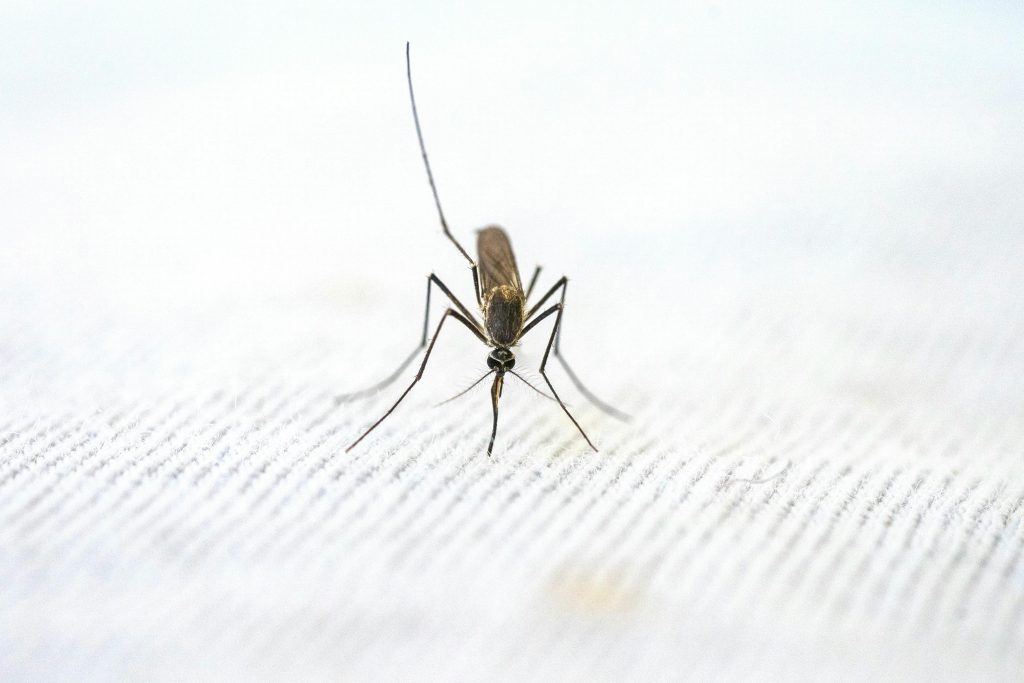
What should you know about Chikungunya?
What is Chikungunya?
Chikungunya refers to a viral infection. The infection is transmitted mainly by mosquitoes of the type Aedes aegypti and Aedes albopictus. The name "Chikungunya" comes from the bantu language of East Africa and means "that which bends". The name of the infection comes from the typical posture patients adopt due to joint pain, or one of the most characteristic symptoms of the disease.
Origin of Chikungunya
The Chikungunya outbreak was first recorded in Tanzania in 1952. Since then, the virus has been observed in several regions in Africa, Asia, the Americas and even Europe. (Sub)tropical regions are especially prone to outbreaks due to the presence of the right mosquito species.
How is Chikungunya transmitted?
Chikungunya virus is transmitted through mosquito bites. Mosquitoes, which are responsible for spreading the virus, are mostly active during daytime hours and reproduce by using human blood. It is impossible to transmit the virus directly from person to person. Except in special situations, such as blood transfusion or during mother-to-child delivery.
Which mosquitoes transmit Chikungunya?
Aedes aegypti and Aedes albopictus are the main spreaders of the virus. These mosquitoes are known to spread other diseases, such as dengue and zika. These mosquitoes are mostly found in urban environments and lay their eggs in stagnant water.
Symptoms of Chikungunya
Chikungunya symptoms usually appear within 4 to 8 days after a mosquito bite and start unexpectedly with high fever. The most common symptoms are:
- High fever (up to 40°C)
- Severe joint pain, especially in the wrists, ankles and knees
- Headache
- Muscle pain
- Rash on skin
Acute phase of Chikungunya
In the acute phase, which lasts about a week, the patient is often very sick and has restrictions in movement due to pain. In this phase, it is crucial to take bed rest.
Chronic phase of Chikungunya
In certain situations, joint pain persists for months or even years. This occurs mainly in elderly patients or individuals with basic health problems.
Treatment of Chikungunya
There is no specific antiviral treatment for Chikungunya. Therapy is aimed at reducing symptoms and promoting the recovery process. Paracetamol is advised to relieve pain and fever. Aspirin is not recommended as it may increase the risk of bleeding, especially if the patient has had dengue at the same time.
Nutrition and hydration
A balanced diet and enough hydration are very important for recovery. Patients are recommended to consume plenty of fluids to avoid dehydration.
How can you prevent Chikungunya?
To lower the spread of Chikungunya virus, prevention is necessary. Avoiding mosquito bites is the main way to avoid infection. Insect repellents containing DEET or picaridin are effective in repelling mosquitoes. The use of mosquito nets, especially while sleeping, is therefore strongly recommended.
Avoiding mosquito breeding sites
Eliminating stagnant water in and around the house reduces mosquito reproduction. Consider buckets, flower pots and rain barrels in which water can accumulate.
Frequently asked questions about Chikungunya
Is Chikungunya deadly?
In most situations, Chikungunya infection is not fatal. It can, however, cause serious complications in vulnerable groups, such as the elderly and people with weak immunity.
Can you get Chikungunya more than once?
After infection, a person usually develops lifelong immunity to the virus. Re-infections are not common.
Is there a vaccine against Chikungunya?
Currently, there is no commercially available vaccine against Chikungunya. Research for an effective vaccine is currently ongoing.
